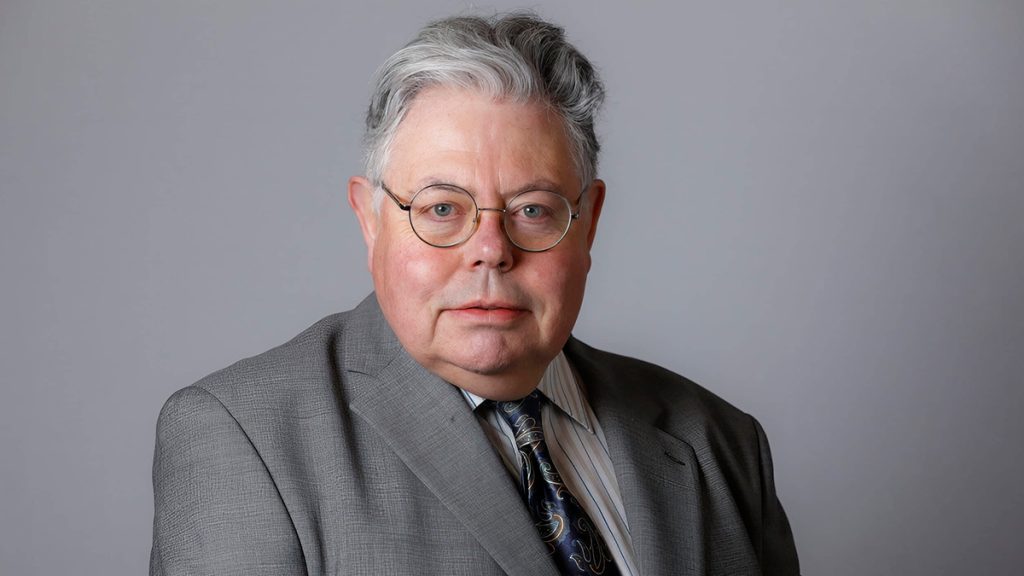When I listen to the words we use in worship, I often hear something missing.
Too often they sound written rather than spoken—words read at God instead of words spoken with God. Our liturgy can appear trapped on the page: noble in idea, but distant in sound. And that distance points us toward a deeper issue.
Our challenge lies not in theology but in translation.
We have treated translation as a technical exercise in accuracy, when in fact it is a pastoral act of communication. Liturgy is not a text to be recited; it is a living dialogue among those who believe.
If our words feel written at God rather than spoken with God, something in the translation has failed.
For that reason, writing recently in The Furrow, I am proposing what I call “supra dynamic equivalence,” a way of translating that honours relationship as much as vocabulary.
This is more than a theory of words.
It recognises that the liturgy is spoken, heard, and communal. Translation should not simply reproduce words; it must recreate relationship. It should sound alive in the mouths of those who pray.
This too is part of translating for relationship rather than recitation.
Word becomes flesh
Every language is part of creation, a medium through which the Word becomes flesh.
To translate the liturgy is not to make Latin accessible; it is to allow the divine Word to take flesh again in English, Māori, Tagalog, or Zulu.
Each language has its own rhythm of grace, its own way of revealing God. Translation, therefore, is an act of incarnation, not imitation; precisely the vision that “supra dynamic equivalence” tries to name.
Music and movement of prayer
Liturgical language must be poetic, not bureaucratic.
When a prayer moves like music and breathes with beauty, it becomes an instrument of the Spirit. Words that sing reach the heart more deeply than words that merely inform.
Our liturgy should be art as well as doctrine—something felt before it is analysed.
Write for the ear, not the eye
The liturgy is a performance of faith, not a reading of rules.
It belongs to the human voice. Translators must therefore think like playwrights rather than philologists. A line that cannot be spoken easily cannot carry the prayer of the people. Every phrase should feel natural when proclaimed aloud.
Warm, human and sacred
I once heard a Cardinal dismiss the 1973 English translation as “barbecue language.” I took that as a compliment.
A barbecue is a place where people gather, share food, and tell stories. If our prayers can sound at home there—warm, human, conversational—then they speak the language of Jesus, who taught beside lakes and at supper tables.
Where words change, the Word endures
Language changes, and so must we.
Words that sounded noble a generation ago can sound distant today. A living liturgy must speak in the accents, idioms, and hopes of its people. The Holy Spirit is not preserved in amber; she speaks freshly in every age.
Supra dynamic equivalence calls us to hear the Spirit’s voice in the living languages of today.
Each act of translation is a new Bethlehem—an incarnation of the Word in the speech of the people.
When our prayers sound like the heartbeat of the community—spoken with God, not merely read at God—we know that God is still speaking, and that the Word still lives among us.

- Thomas O’Loughlin is a presbyter of the Catholic Diocese of Arundel and Brighton and professor-emeritus of historical theology at the University of Nottingham (UK). His latest book is Discipleship and Society in the Early Churches.
- This Flash of Insight is based on an academic article written by Thomas O’Loughlin that appears in the October 2025 edition of The Furrow.
- His latest book is “Shaping the Assembly: How Our Buildings form us in Worship”.

